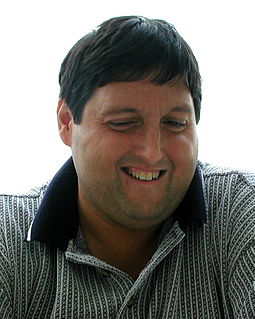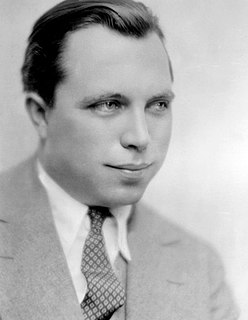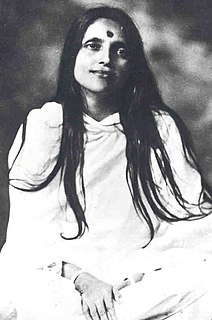A Quote by Swami Vivekananda
There is implanted in every man, naturally, a strong desire for progress.
Related Quotes
Every man that ever lived craved perfect happiness, the detective poignantly reflected. But how can we have it when we know we’re going to die? Each joy was clouded by the knowledge it would end. And so nature had implanted in us a desire for something unattainable? No. It couldn’t be. It makes no sense. Every other striving implanted by nature had a corresponding object that wasn’t a phantom. Why this exception? the detective reasoned. It was nature making hunger when there wasn’t any food. We continue. We go on. Thus death proved life.
She had not wanted him to but had let him have his way because ever since she was a child she had generally yielded before anyone with strong willpower, especially if it was a man, not because she was naturally submissive, but because strong male willpower gave her a feeling of safety and trust, together with acceptance and a desire to give in.
I am sorry to say we whites have a sad reputation among many of the Polynesians. The natives of these islands are naturally of a kindly and hospitable temper, but there has been implanted among them an almost instinctive hate of the white man. They esteem us, with rare exceptions, such as some of the missionaries, the most barbarous, treacherous, irreligious, and devilish creatures on the earth.
Nature has not implanted any power in man that was not meant to be exercised at times, though too often our powers have been abused. The privilege, inborn and inalienable, that every man has of dying himself, and inflicting death upon another, was not given to us without a purpose. These are the last resources of an insulted and unendurable existence.
Those who desire to remain intoxicated by Reality do not require artificial intoxicants. Indulging in false things will only increase falsity, for every direction is indeed infinite. Those who desire the truly genuine Thing proceed of themselves with great intensity so as to progress in their sadhana.





































